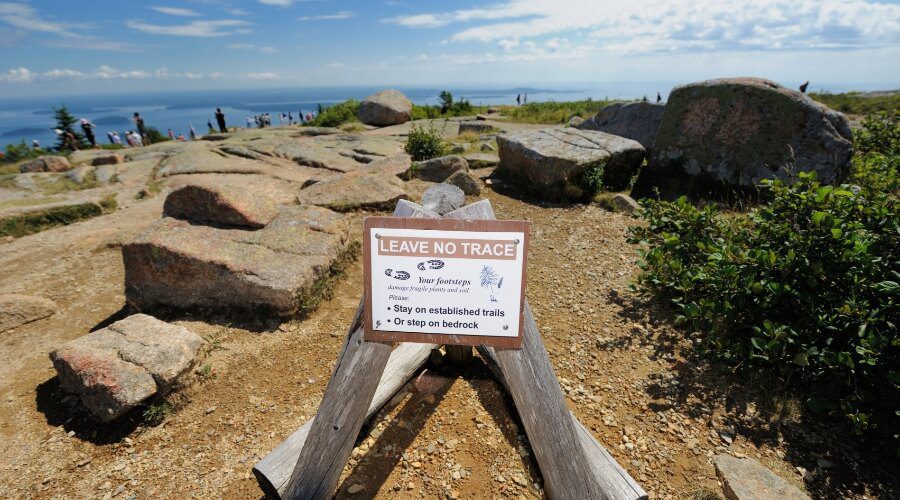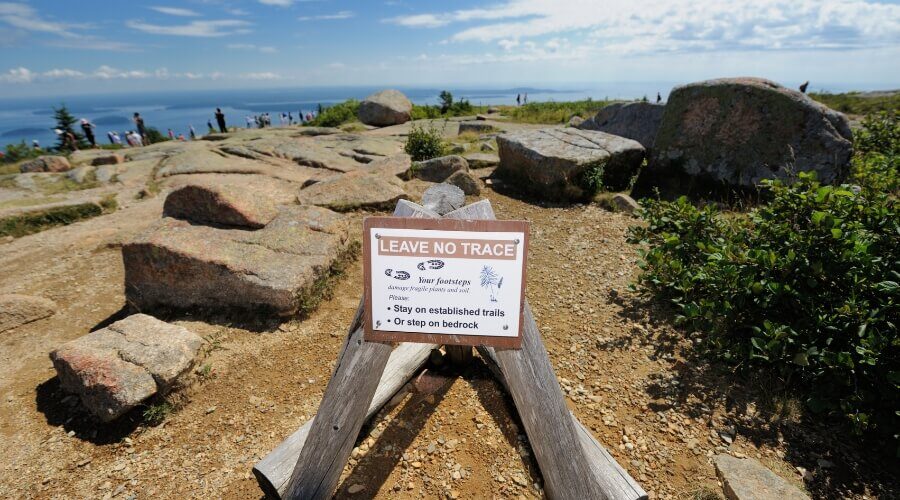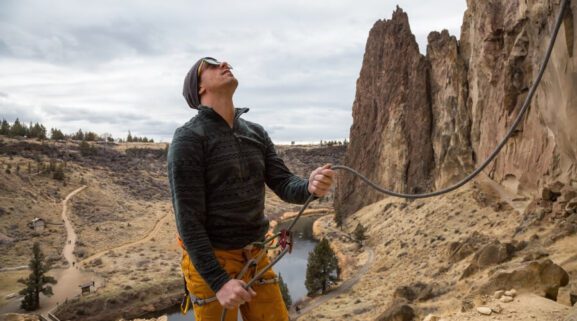Responsible Adventuring: Embracing Leave No Trace Principles

Denis Rystsov
Born in the bustling city of St. Petersburg, I was always drawn to the grandeur of nature. Ten years ago, I made Seattle my home and the ocean my playground. Surfing along Washington's coastlines week after week, I've forged a deep connection with the waves and the water. When not out riding the waves, I eagerly guide others, sharing the rush and joy of surfing.

Introduction:
The wilderness calls out to the adventurer in all of us, but the beauty and serenity of nature require our respect and care. The Leave No Trace (LNT) principles provide a framework for responsibly enjoying the outdoors, ensuring that our natural spaces remain pristine for generations.
The Heart of No Trace Ethics
Leave No Trace is more than a set of rules—a philosophy, a community ethic that enhances our outdoor experience while protecting the environment. The principles are grounded in scientific research and are widely embraced by educators, outdoor communities, and conservationists.
Plan and Prepare: The First Step in Low-Impact Visiting
Effective planning is crucial to minimize your impact. It is essential to conduct thorough research on your destination, gain a comprehensive understanding of the regulations, weather conditions, and terrain, and prepare accordingly to minimize reliance on the environment.
Travel and Camp on Durable Surfaces to Preserve Wilderness
Durable surfaces, such as established trails and campsites, protect undergrowth and soil structure. Stick to these areas to avoid damaging pristine habitats.
Dispose of Waste Properly: A Guide to Ethical Waste Management
“Pack it in, pack it out.” All waste, including food scraps and hygiene products, should be left with you. Learn how to dispose of waste properly through techniques like “cat holes” for human waste and carry bags for trash.
Leave What You Find: Respecting Wildlife and Natural Artifacts
Avoid picking plants, taking rocks, or disturbing historical artifacts. The adage “take only pictures, leave only footprints” ensures that the wilderness remains unaltered by your visit.
Minimize Campfire Impacts: A Flame of Caution
Campfires can have long-lasting environmental effects, so it’s best to use a lightweight stove for cooking and a candle lantern for light. Use established rings and keep the fire small if you must have a fire.
Respect Wildlife and Their Homes
It is essential to keep a safe distance from wildlife, avoid feeding them, and refrain from activities that can alter their behavior and health and expose them to danger.

Be Considerate of Other Visitors: Sharing Our Natural Spaces
The outdoors provides a sanctuary for everyone. Show respect for others by keeping noise levels low, yielding to fellow trail users, and preserving the solitude of the wilderness.
Conclusion:
The Leave No Trace principles are not just guidelines; they embody our responsibility to the natural world. By adhering to these principles, we ensure that our wild adventures are sustainable and ethical, safeguarding the splendor of the great outdoors for those who follow in our footsteps.



